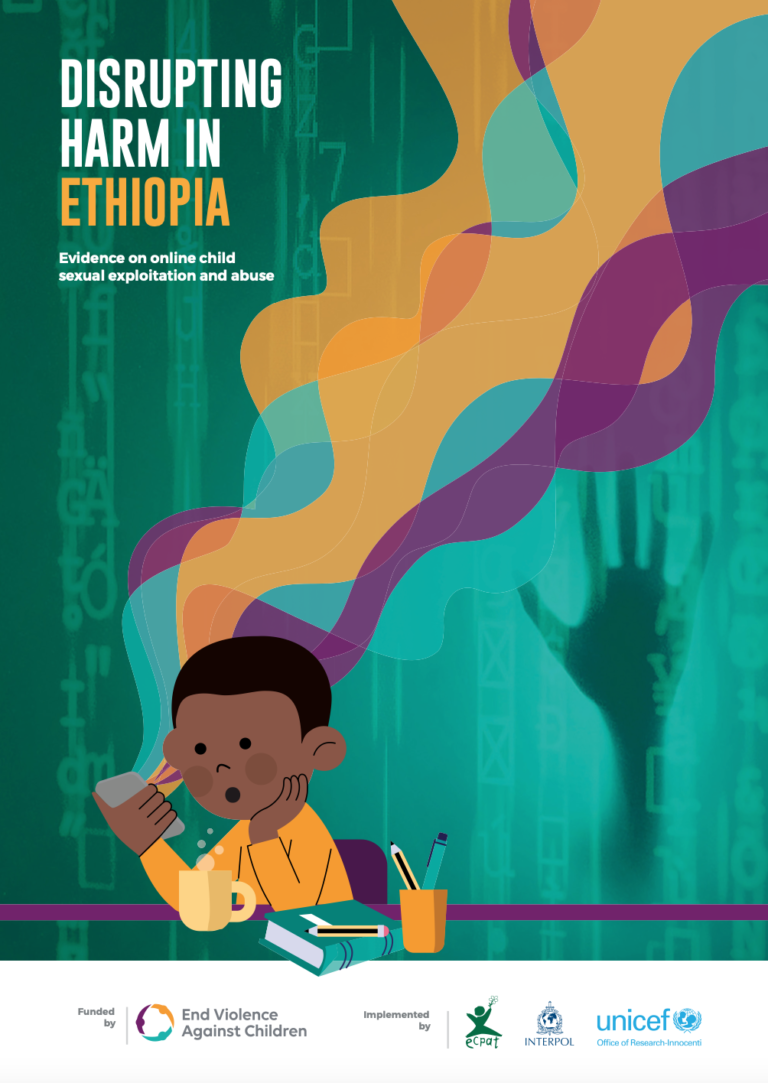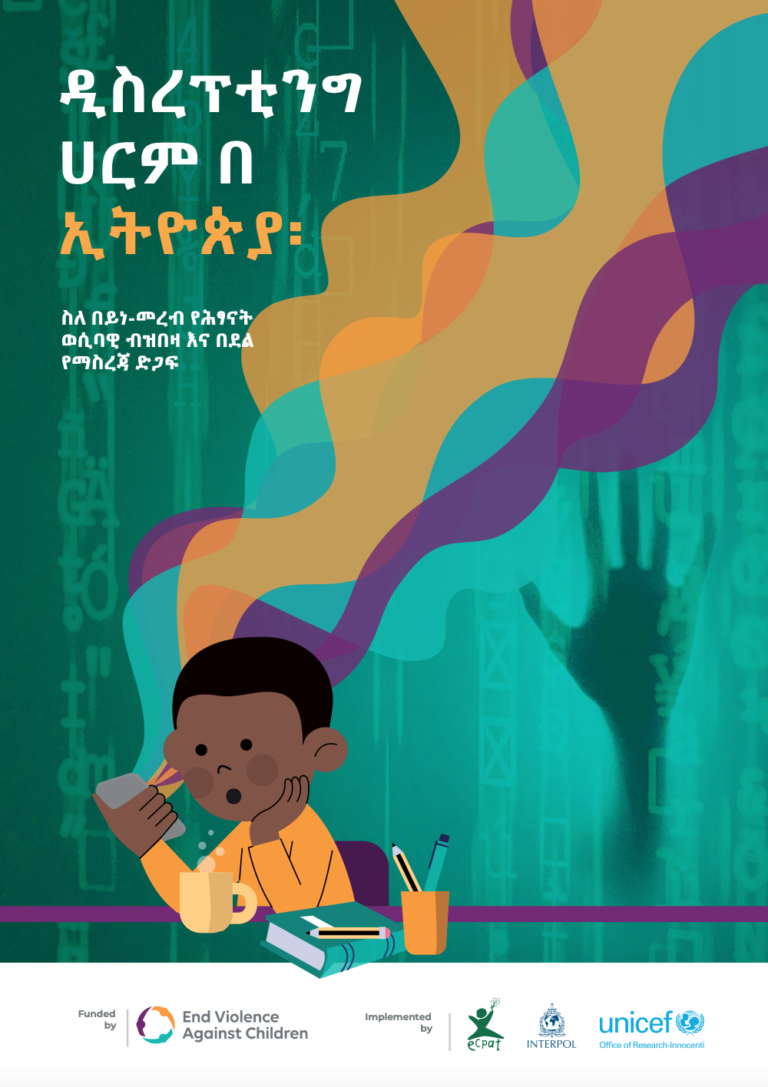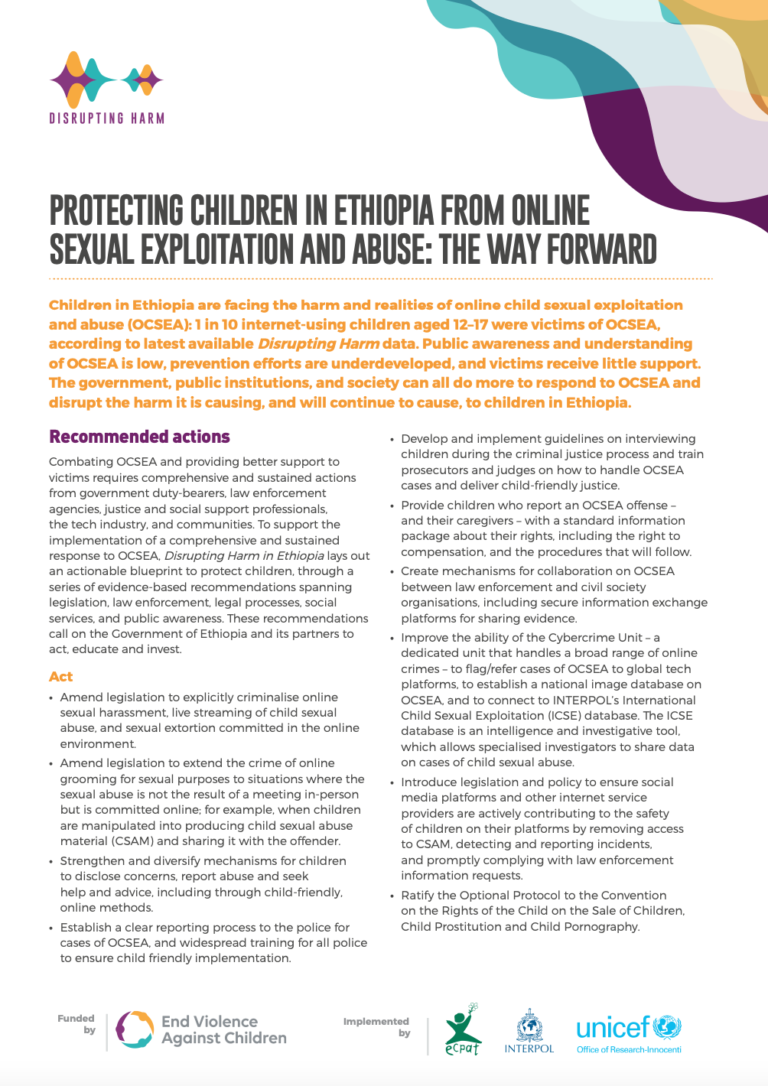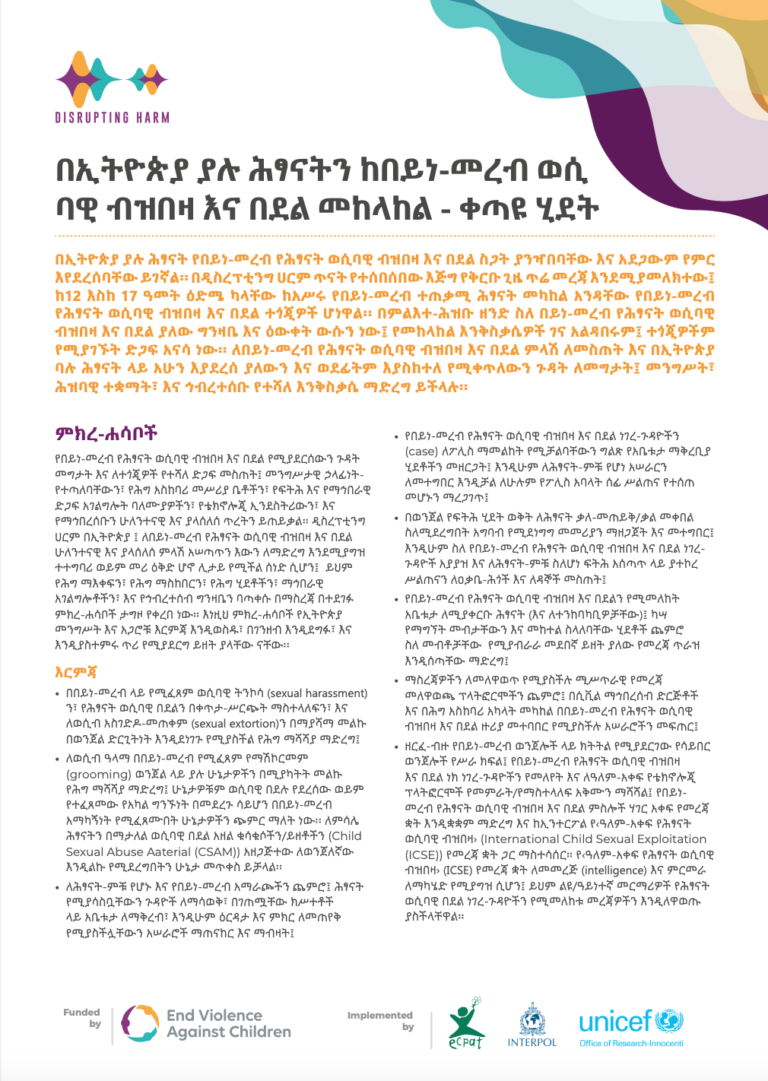Our online lives are advancing constantly. The internet and rapidly evolving digital communication tools are bringing people everywhere closer together. Children are increasingly conversant with and dependent on these technologies, and the COVID-19 pandemic has accelerated the shift online of many aspects of children’s lives.
The internet can be a powerful tool for children to connect, explore, learn, and engage in creative and empowering ways. The importance of the digital environment to children’s lives and rights has been emphasised by the United Nations’ Committee on the Rights of the Child in General Comment No. 25 adopted in 2021. The General Comment also stresses the fact that spending time online inevitably brings unacceptable risks and threats of harm, some of which children also encounter in other settings and some of which are unique to the online context.
One of the risks is the misuse of the internet and digital technologies for the purpose of child sexual exploitation and abuse. Online grooming, sharing of child sexual abuse material and live-streaming of child abuse are crimes against children that need an urgent, multi-sectoral and global response. These crimes are usually recorded in the form of digital images or videos, which are very often distributed and perpetually reshared online, victimising children over and over again. As risks of harm continue to evolve and grow exponentially, prevention and protection have become more difficult for governments, public officials, and providers of public services to children, but also for parents and caregivers trying to keep-up with their children’s use of technology.




